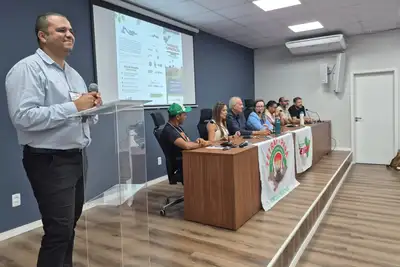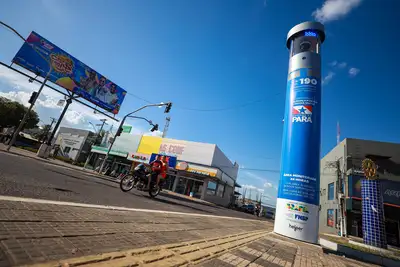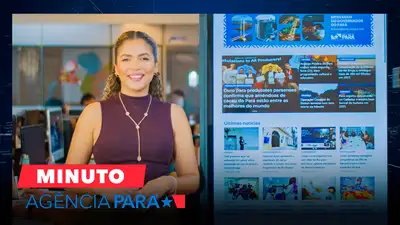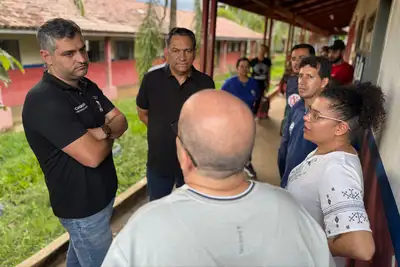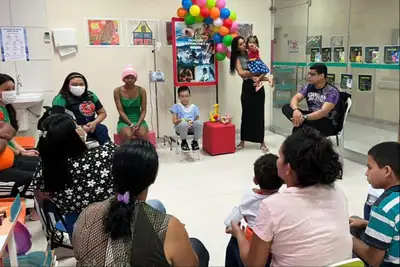Seduc encourages municipalities to join the Environmental Education and Climate Policy
More than half of the municipalities in Pará have already joined the proposal that promotes student leadership and the protection of natural resources
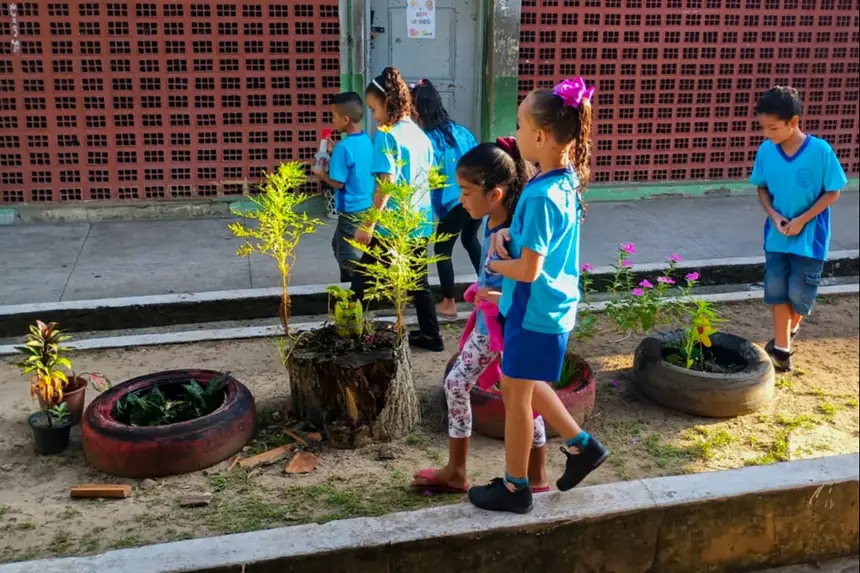
Pioneering in guaranteeing a mandatory curricular component of sustainability in public schools in Brazil, the State of Pará, through the State Department of Education (Seduc), created the Environmental Education, Sustainability, and Climate Policy in 2023. Since then, with the teaching of the Environmental Education component, public units have developed projects and actions that stimulate student leadership and environmental preservation.
The Formal Education Policy for the Environment, Sustainability, and Climate, established by Law No. 9,881, has established since the first semester of 2024, the Environmental Education curricular component in all stages of education, both in state schools and, by adherence, in municipal schools. In total, 75 municipalities in Pará have already joined the policy.
“This policy aims to carry out training and improvement courses for teachers and other education professionals, as well as the implementation of environmental education projects or programs,” highlights the Environmental Education specialist from Seduc, Emlly Silva. Emlly adds that the proposal also focuses on disseminating educational environmental information through communication channels and conducting practical activities with students and exchanges, for example.”
The teaching component has a transversal and multidisciplinary character
In the state network, Environmental Education was included in the curricular matrix with one weekly class, since in addition to having a transversal and interdisciplinary character, it is of utmost importance that this component be mandatory so that the school has a permanent discussion about environmental education and develops intervention projects,” explained the Seduc specialist.
Through the Deputy Secretary of Network Management and Collaboration Regime (Sarc), Seduc is negotiating with representatives of municipalities that have not yet joined the policy. “We believe that, through adherence to the policy, we can further strengthen this partnership between State and Municipality and, in addition, the policy allows for celebrating partnerships and agreements with public administration entities, state, federal, and international so that environmental issues are strengthened,” emphasizes Emlly.
The Seduc representative notes that partnerships can promote "an integrated state education with municipal secretariats, with federal universities, state universities, and other organizations that have expertise and can contribute to strengthening environmental education in schools. So, we count on the municipalities that have not yet joined to send the signed terms as soon as possible,” highlighted the environmental education specialist.
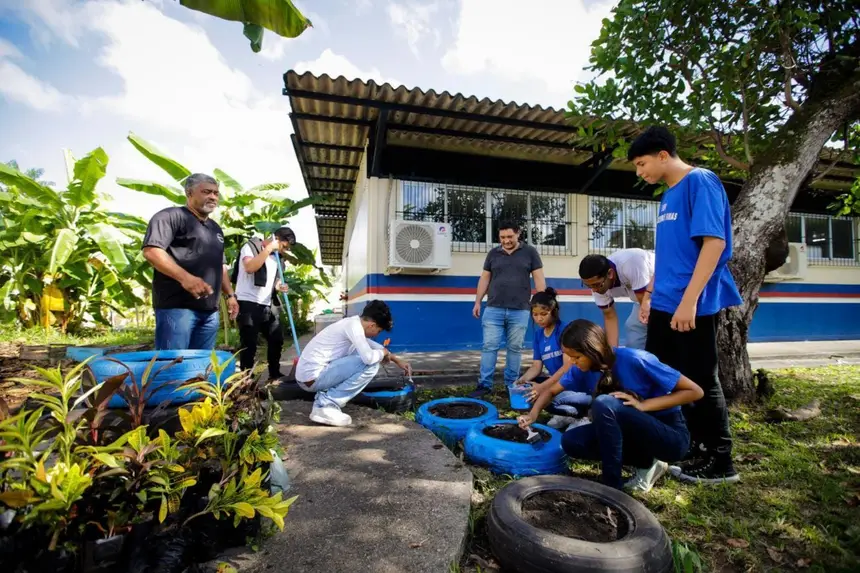
Seduc supports state and municipal schools
“Seduc offers a curricular reference, digital material for teachers and students, and online training to assist municipal networks that adhere to the policy. The Secretary has made didactic material available, through the policy, and it was the first time that Pará produced this specific environmental education material, both for early grades and final years of elementary and high school, and this material is also delivered to the municipal network,” concluded Emlly.
With the total adherence of the municipalities in Pará, about 1.5 million students from the public education network in Pará will be able to benefit. Of this total, 550 thousand are mandatory in the state public network and, by adherence of the municipal networks, 618 thousand students from the early years (1st to 5th grade) and another 461 thousand from the final years (6th to 9th grade).
Seduc informs that more information and clarifications about the environmental educational policy and about the request for adherence can be obtained by municipalities via email searc@seduc.pa.gov.br.






